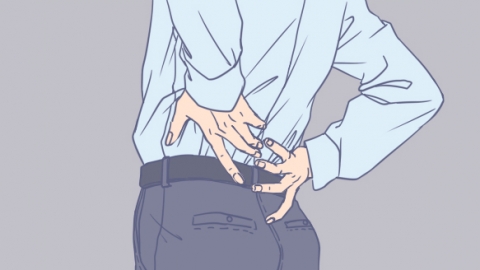Does dampness affect sexual function?
Generally speaking, excessive dampness may affect sexual function. When dampness impacts the function of internal organs or disrupts the smooth circulation of qi and blood, it can negatively affect sexual performance. However, individual differences exist, and not everyone with excessive dampness will experience sexual dysfunction. If concerned, it is advisable to seek medical consultation in advance. Detailed analysis is as follows:

Excessive dampness affects the transportation and transformation functions of the spleen and stomach, preventing the normal distribution of nutrients derived from food and water. This leads to insufficient production of qi and blood, which are essential for nourishing the kidneys and other organs. As the kidneys govern reproduction, kidney qi deficiency may result in decreased libido, erectile dysfunction, and other issues. Additionally, excessive dampness can hinder the circulation of qi, causing stagnation of qi and blood in the lower jiao (abdominal region), thereby affecting the normal function of reproductive organs and causing symptoms such as premature ejaculation and weak ejaculation. Individuals with long-standing excessive dampness that has not been addressed are at a higher risk of sexual dysfunction.
Not all individuals with excessive dampness will develop sexual problems. If the dampness is mild, the body's self-regulating capacity may maintain the basic functions of the internal organs, and the reproductive system may remain unaffected, resulting in normal sexual function. Moreover, sexual function is influenced by multiple factors including psychological state, lifestyle habits, and other medical conditions. In cases where dampness has not significantly affected key internal organs or caused severe imbalances in qi and blood, sexual function may remain normal.
If you notice signs of excessive dampness and suspect it may be affecting your sexual function, it is important to start by improving your lifestyle. Avoid prolonged sitting and consuming cold foods or beverages. Engage in moderate physical activity to promote the circulation of qi and blood. When necessary, seek professional medical advice and treatment. Do not attempt to self-diagnose or manage the condition blindly.








